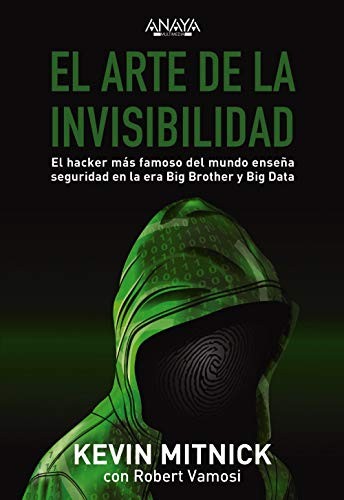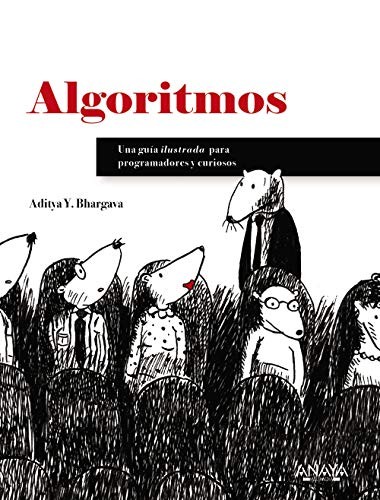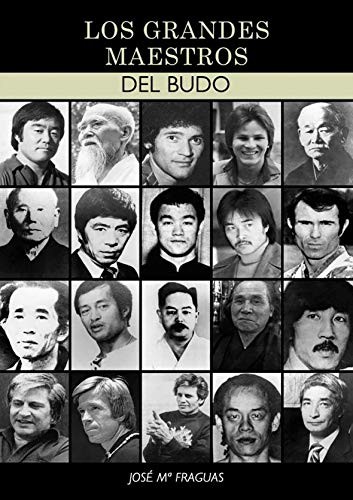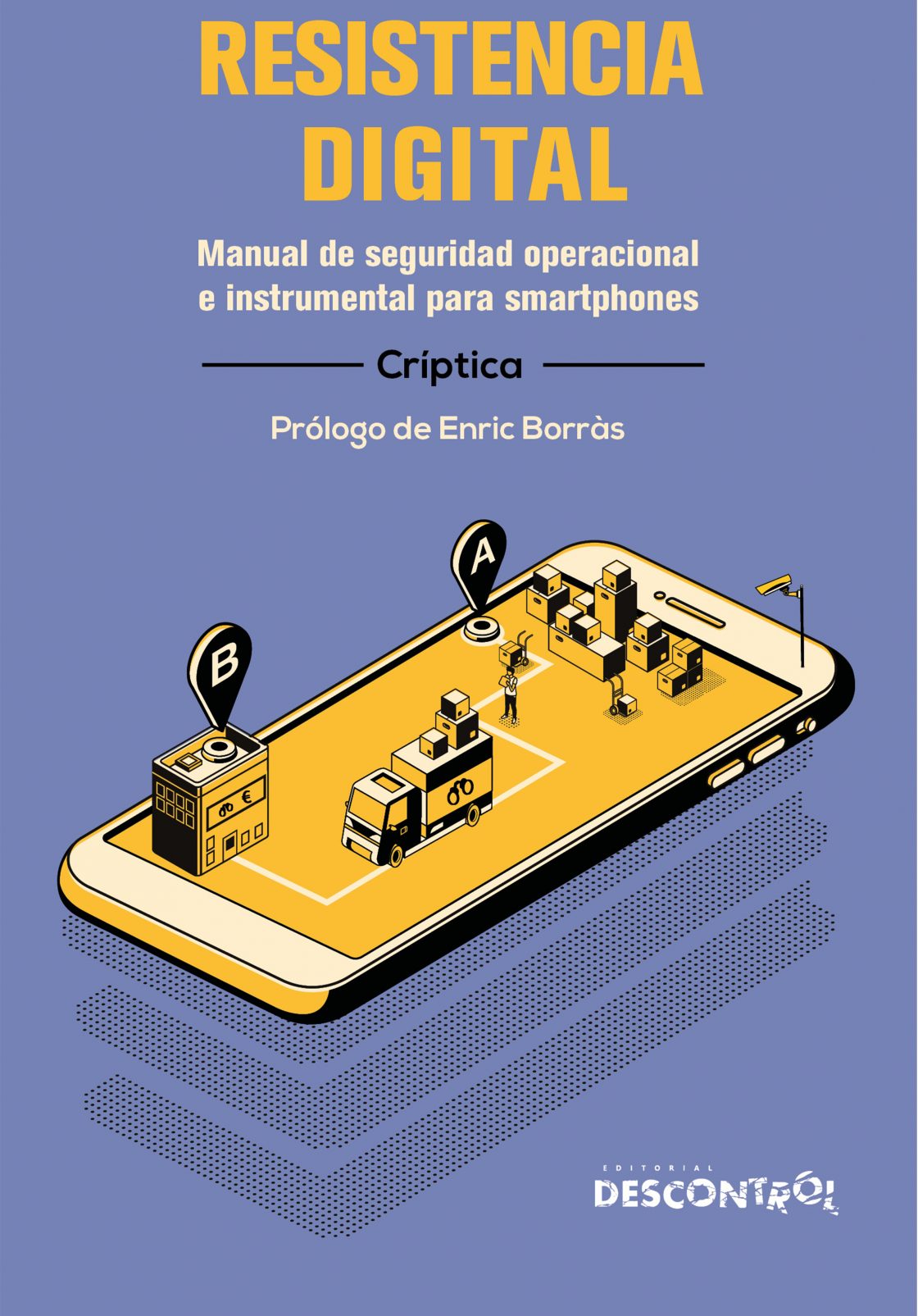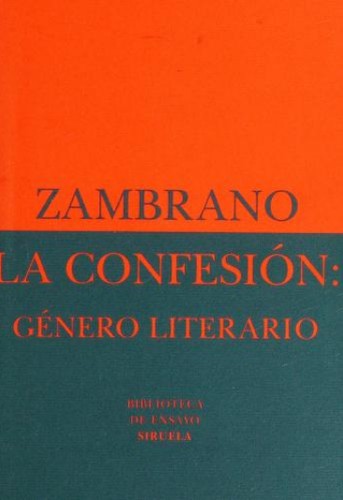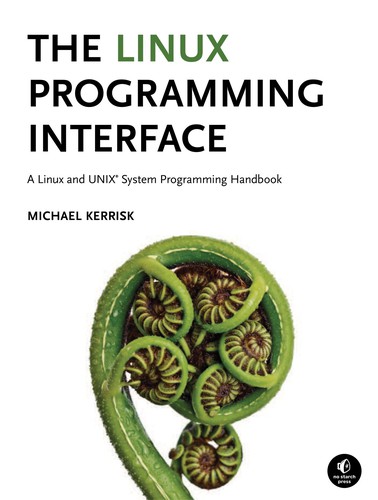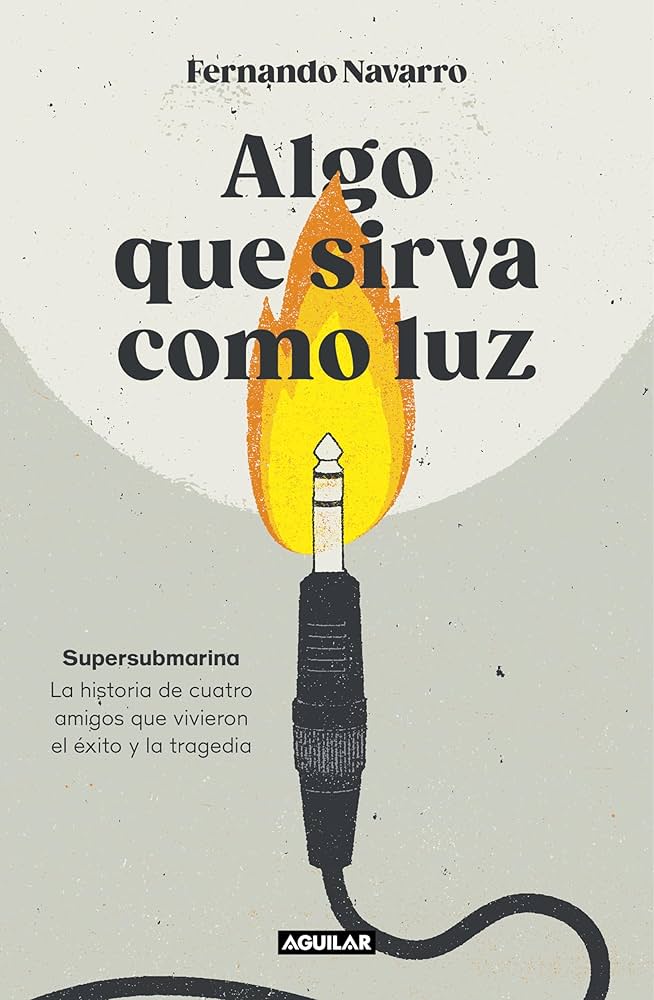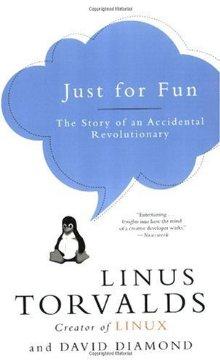The UNIX system was first implemented in 1969 on a Digital PDP-7 minicomputer by Ken Thompson at Bell Laboratories (part of AT&T). The operating system drew many ideas, as well as its punned name, from the earlier MULTICS system. By 1973, UNIX had been moved to the PDP-11 mini-computer and rewritten in C, a programming language designed and implemented at Bell Laboratories by Dennis Ritchie. Legally prevented from selling UNIX, AT&T instead distributed the com- plete system to universities for a nominal charge. This distribution included source code, and became very popular within universities, since it provided a cheap oper- ating system whose code could be studied and modified by computer science aca- demics and students. The University of California at Berkeley played a key role in the development of the UNIX system. There, Ken Thompson and a number of graduate students extended the operating system. By 1979, the University was producing its own UNIX distribution, BSD. This distribution became widespread in academia and formed the basis for several commercial implementations. Meanwhile, the breakup of the AT&T monopoly permitted the company to sell the UNIX system. This resulted in the other major variant of UNIX, System V, which also formed the basis for several commercial implementations. Two different currents led to the development of (GNU/) Linux. One of these was the GNU project, founded by Richard Stallman. By the late 1980s, the GNU project had produced an almost complete, freely distributable UNIX implementa- tion. The one part lacking was a working kernel. In 1991, inspired by the Minix ker- nel written by Andrew Tanenbaum, Linus Torvalds produced a working UNIX kernel for the Intel x86-32 architecture. Torvalds invited other programmers to join him in improving the kernel. Many programmers did so, and, over time, Linux was extended and ported to a wide variety of hardware architectures. The portability problems that arose from the variations in UNIX and C imple- mentations that existed by the late 1980s created a strong pressure for standardiza- tion. The C language was standardized in 1989 (C89), and a revised standard was produced in 1999 (C99). The first attempt to standardize the operating system interface yielded POSIX.1, ratified as an IEEE standard in 1988, and as an ISO stan- dard in 1990. During the 1990s, further standards were drafted, including various versions of the Single UNIX Specification. In 2001, the combined POSIX 1003.1-2001 and SUSv3 standard was ratified. This standard consolidates and extends various earlier POSIX standards and earlier versions of the Single UNIX Specification. In 2008, a less wide-ranging revision of the standard was completed, yielding the com- bined POSIX 1003.1-2008 and SUSv4 standard. Unlike most commercial UNIX implementations, Linux separates implementa- tion from distribution. Consequently, there is no single “official” Linux distribu- tion. Each Linux distributor’s offering consists of a snapshot of the current stable kernel, with various patches applied. The LSB develops and promotes a set of stan- dards for Linux systems with the aim of ensuring binary application compatibility across Linux distributions, so that compiled applications should be able to run on any LSB-conformant system running on the same hardware.
— The Linux Programming Interface por Michael Kerrisk (Página 19 - 20)
